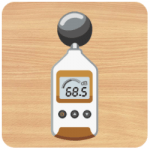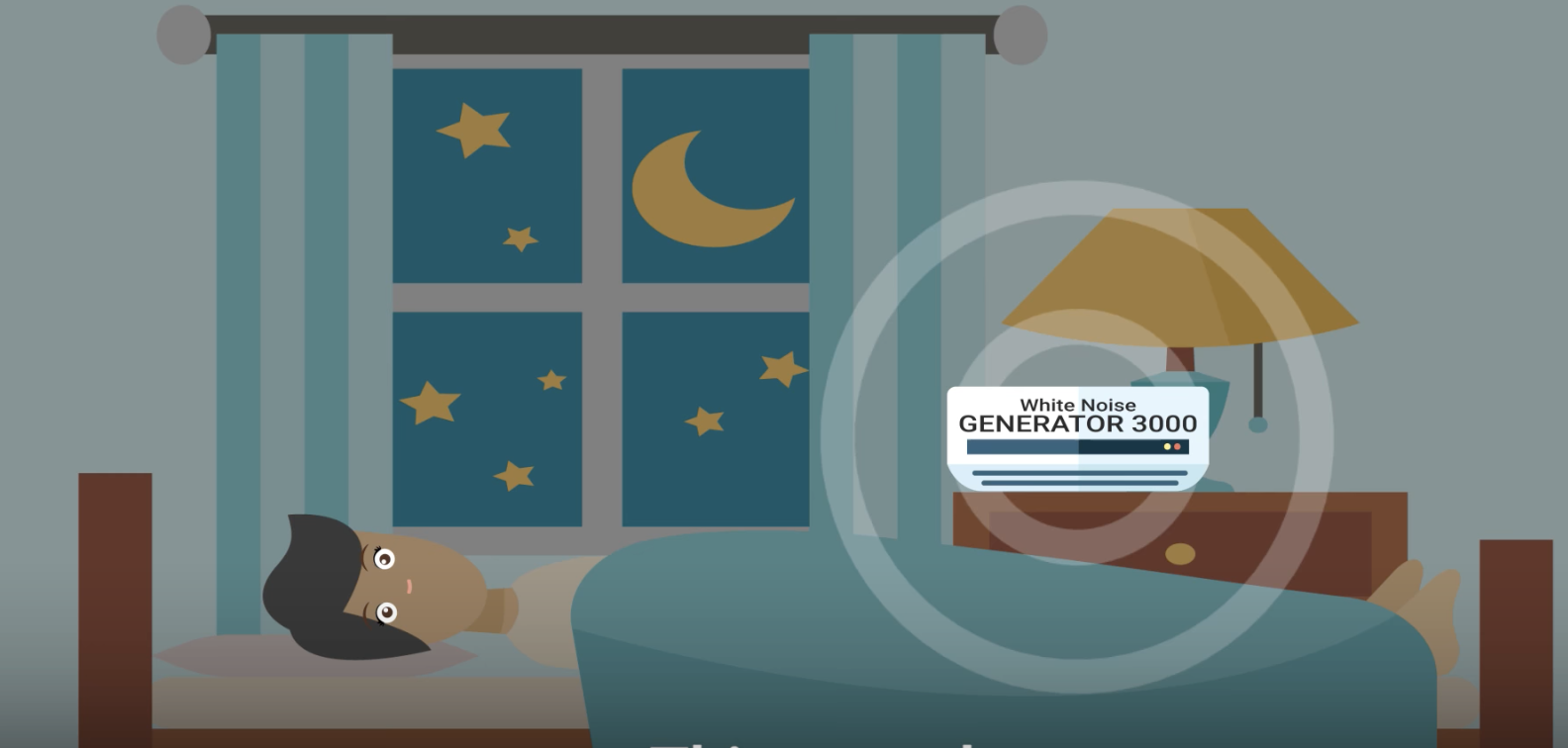See here the logic behind the white noise machine and why it is used by so many to help them sleep.
See the below for the transcription
This sound will help you sleep. It’s called white noise. So how does this type
of noise help us sleep?
The sound contains a lot of different tones. But each tone has the same intensity. It’s monotonous, predictable, and boring.
That’s exactly what your brain needs during sleep.
Even in sleep, your hearing is still alert. This makes you vulnerable to loud noises in the night. These noises can increase your heart rate, raise your blood pressure, and even wake you up.
You’re especially sensitive in early stages of sleep.
That’s where white noise can help. It drowns out loud noises so you’re less likely to hear them. Plus, the monotony of white noise makes it easy to ignore. So, it’s unlikely to prevent you from falling asleep in the first place.
Of course, companies will sell you specialized white noise machines for sleep.
But a good, old-fashioned fan may also do the trick.
Types of white noise sounds
By thinking of white noise you thought of the sound of a tv with no signal and snow on the screen. Honestly this is what I also thought. But it turns out there are a wide variety of noises that count as white noise.
Heck, there are even different variety of colors like pink noise. So If the sound of a tv with no signal is not your favourite sleep sound here are some other white noise sounds.
- The sound of a loud or quiet fan
- The purr of a cat with a full belly
- Nature sounds like rain, sea waves, wind in the forest etc
But will I get permanent ear damage of listining to sounds all nights?
In most cases no. The white noise sound that you perceive in bed should not be higher than 55 decibel. The most important thing you should remember is this “Continuous exposure to noises above 60db increases the risk of ear damage.”
Below 60 db will be safe for your ears. You can easily check this by using an app, I listed the best one for android and iphone below.
Android
Sound meter

Iphone
Decibl

But remember I said the perceived sound in your bed should not be higher than 55 dB. So when you measure the sound do not measure it directly from the speaker or fan.
Measure it from your bed. If you are interested you can check out this article about everything you should know about sleeping with headphones. It goes a little more in depth about this topic but it is definitely worth it

